At dawn in a Katchi Abadi of Islamabad, in chilly morning air, sound of bike breaks the silence. Masooma watches her brother leave for university, his motorbike fading into the distance, carrying with it the dreams she was never allowed to chase. She picks up an old book and runs her fingers along the lines. She longs for knowledge and growth. But with a very deep sigh she closes it. Can I dream? Her dreams are out of reach. Trapped by family expectations, cultural norms, financial struggles and the invisible chains of gender inequality she feels squeezed.
Meanwhile just a few miles away in Islamabad, a glowing screen and a soft, beautiful voice in a dimly lit room breaks the silence. It belongs to Masira, 38, also confined within the four walls of her home. Her voice, however, refuses to be bound. It travels beyond walls, crosses cities and even countries.
A large number of students repeat after her.
فَمَن يَعْمَلْ مِثْقَالَ ذَرَّةٍ خَيْرًا يَرَه
So whoever does an atom’s weight of good will see it. (Surah Az-Zalzalah 99:7).
In Sindh, a widow sitting on a woven mat, joins many others in repeating after the volunteer’s voice. She learns to recite with the goal of teaching Tajweed to others and earning her livelihood through it. Many others share the same journey.
No applause. No borders. No limits. Just the correction of a single verse each day. Knowledge flows empowering, multiplying and transforming lives. At the end of the class she thanks Allah for His magnificent blessings. As she lies back in her bed, she smiles at the opportunity to teach. She didn’t need to leave home, break the barriers or wait for permission. The time she once spent reciting the Quran is now dedicated to uplift others. She is creating a ripple effect that will last beyond her lifetime. As she closes her eyes, she wonders, Can my single voice, a simple skill and a small amount of time truly spark a silent digital revolution?
While Masira’s voice echoes across cities and through technologies and digital tools but Micro volunteering core essence is driven by human connection, empathy and the desire to make a positive impact. It’s about helping people. It’s about kindness, compassion and community. It’s about real people offering their skills, time and effort, even in small doses, to contribute to causes that matter. The digital tools we use make it more accessible and efficient, but the essence of volunteering stays the same.
Traditional volunteerism in Pakistan, often remains out of reach for women like Masira. Mobility constraints, deeply rooted societal expectations and limited access to resources form invisible walls that confine their potential. But digital micro-volunteering is quietly breaking down these barriers. It eliminates restrictions of time, location, resources, age, experience and gender. This inclusivity makes it a game changer. It levels the playing field. Everyone has something to offer. it’s transformative. It democratizes social good, opening doors for every woman to contribute, regardless of her circumstances. Thus it empowers women.
The impact extends far beyond individual empowerment. Studies have shown that when women engage in digital spaces, they don’t just uplift themselves. But they bring entire communities along. In Africa, “Translators Without Borders” has mobilized women to translate critical healthcare and legal documents into local languages, bridging knowledge gaps for millions. What if Pakistani women led similar initiatives, ensuring that critical information on domestic violence laws, reproductive health, and financial rights reached those who need it most?
For Generation Z women, this opportunity is even more profound. These women raised with technology at their fingertips have the power to lead movements, build businesses and create networks from anywhere. With platforms like TikTok, Instagram, WhatsApp, Face Book, Messenger, Linkedin, Zoom, Skype, Meet, …. young women can engage in local and global conversations about women’s rights, environmental issues, and social justice, all while maintaining their local roots. Consider Fatima, a 22-year-old from Lahore. She started a movement on social media to provide free tutoring for girls in remote areas. What began as a small act of kindness has grown into a nationwide initiative with hundreds of volunteers. All of this, done with her participation and the comfort of her own home.
But this is not just about participation. It about dignity, purpose, and financial independence. Many women who start as micro-volunteers eventually become freelancers, entrepreneurs or full-time professionals. They engage in skill based activities like education, content writing, graphic designing, digital marketing, cooking, stitching, knitting, baking ….. The list goes on. In a country where millions of women depend financially on male family members, micro-volunteering acts as a bridge to economic empowerment. The United Nations Development Programme (UNDP) highlights volunteerism as a crucial factor in increasing economic participation and promoting gender equality.
Research by the Aurat Foundation in Pakistan shows that women who volunteer, experience greater financial independence, improved self-esteem and stronger leadership roles in their communities. These are not just personal gains but fundamental drivers of societal progress.
Studies suggest that volunteering can boost happiness by 12% and lower depression by 7%. Even small contributions improve emotional well-being, and micro-volunteering provides an accessible way to experience these benefits while supporting important causes.
This silent revolution is fostering a culture of civic engagement. It is bridging Pakistan’s deep-rooted urban-rural divide. In a country where 64% of the population resides in rural areas access to quality education, healthcare and employment opportunities remains limited. However, digital connectivity is enabling rural women to engage in micro-volunteering, often for the first time. Initiatives like DoctHERS connects female doctors (many of whom are unable to practice due to cultural barriers) with patients in underserved regions via telemedicine. It illustrate how technology-driven micro-volunteering is addressing critical gaps. Similarly, platforms like HerUp and Wonder Women Pakistan provide digital spaces where women can contribute their expertise without mobility restrictions.
However, this digital revolution is not without its challenges. Many Pakistani women still lack access to smartphones or a stable internet connection. Even those who do often face resistance. Online engagement is sometimes viewed with suspicion or dismissed as unproductive. Cybersecurity concerns including online harassment further deter women from fully utilizing digital spaces. Additionally since micro-volunteering is often unpaid, it is not always recognized as real work making it difficult for women to translate their contributions into economic independence.
But barriers are not stop signs. They are challenges waiting to be overcome. While micro-volunteering in Pakistan is still in its early stage, the potential for growth is vast. To fully unlock this potential, we must focus on addressing the challenges. Overcoming these barriers requires a multi-layered approach.
Governments, institutions, tech companies and families must take responsibility. Governments must treat digital literacy and access to the internet as fundamental rights. Every woman in Pakistan should have access to the tools that will allow her to contribute to the global digital economy. Educational institutions need to teach digital skills alongside traditional education and families must recognize that empowering women with digital knowledge is not a threat. But it is a gift.
But the responsibility doesn’t fall only on the shoulders of institutions and governments. It starts with each of us.
The change must start at the grassroots level. Men must become allies in this movement, not just by sharing domestic responsibilities but by actively supporting the women in their lives.
For young women who have access to digital tools this is your moment. The internet is not just a space for entertainment or social media. Prove that it is a portal to opportunity, empowerment and purpose. Learn. Grow. Build. Start small and with time the impact of your contributions will echo across the globe. If you are a lucky woman not waiting for permission anymore. Then the digital realm is yours for the taking. It may seem overwhelming but every journey begins with a single step. And for every woman who steps into this revolution, a thousand others will follow. Empowered women must empower others.
For parents especially fathers who have been told that empowering their daughters is too risky ….this is your wake-up call. Empowering your daughters with knowledge and skills isn’t dangerous. It’s essential. It is your duty to support them and to provide them with the resources they need to thrive in a world. The world that is changing faster than we can keep up with. The world of tomorrow is not one where women are invisible. It is a world where women lead. If you are a father your daughter’s journey starts with your support. Please do not stand in her way.
For educators and religious leaders, the role is clear. Islam has always championed knowledge, personal growth and the pursuit of purpose. Women like Khadijah and Aisha (May Allah be pleased with them) exemplified these values in their time. The Quran calls on all believers to seek knowledge, to contribute to society and to live with dignity. It’s time to integrate digital literacy, women’s empowerment and social responsibility into our teachings. This is not a matter of religion versus progress. But it is a matter of religion empowering progress. Teach it. Preach it. Live it.
And for policymakers it is time to act. The digital divide is not only a technical issue. it is also a moral one. The simple fact that women are being left behind because of lack of access is an injustice. It is a violation of their right to thrive. The government must provide resources like affordable internet, digital training and awareness campaigns. So that every woman regardless of her background can participate in this revolution.
Micro-volunteering is not just a tool. It is a pathway to liberation and it is happening now. The quiet revolution that has already begun in Pakistan is already shaping the future of millions. It is coming up with empowered women who despite the odds are taking control of their futures. It is not just a trend. But it is a movement. And this movement is now unstoppable.
From Masooma’s silent yearning to Masira’s resonating voice, the silent digital revolution in Pakistan is turning whispers into waves. It’s no longer about asking for permission—it’s about claiming space, purpose, and power. Every click, every shared skill, every small act of kindness is a step toward a future where women don’t wonder, ‘Can I?’ Instead, they declare, ‘I am, I will, and I have.’ The revolution has begun—now it’s time for all of us to be part of it and untap its full potential.

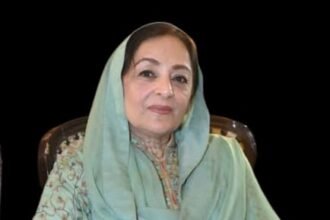

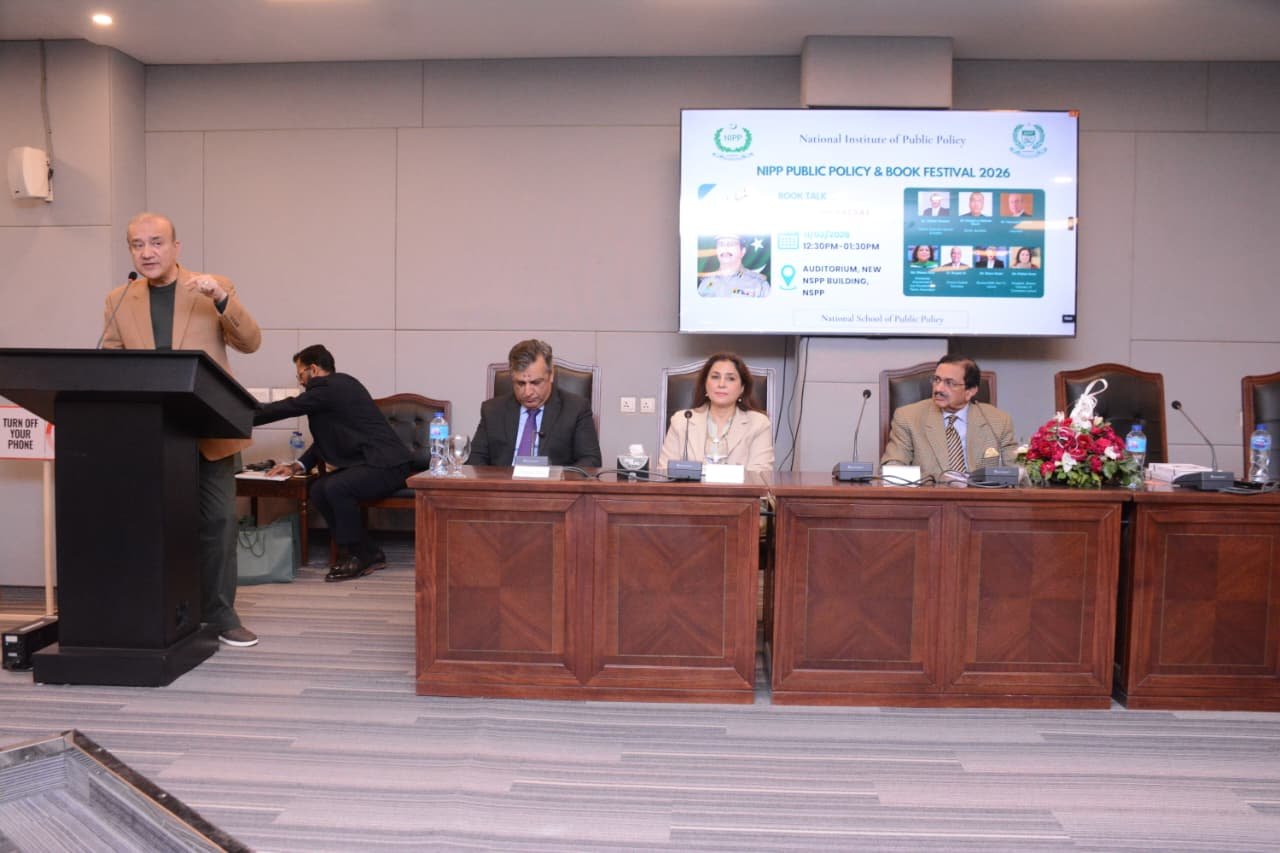
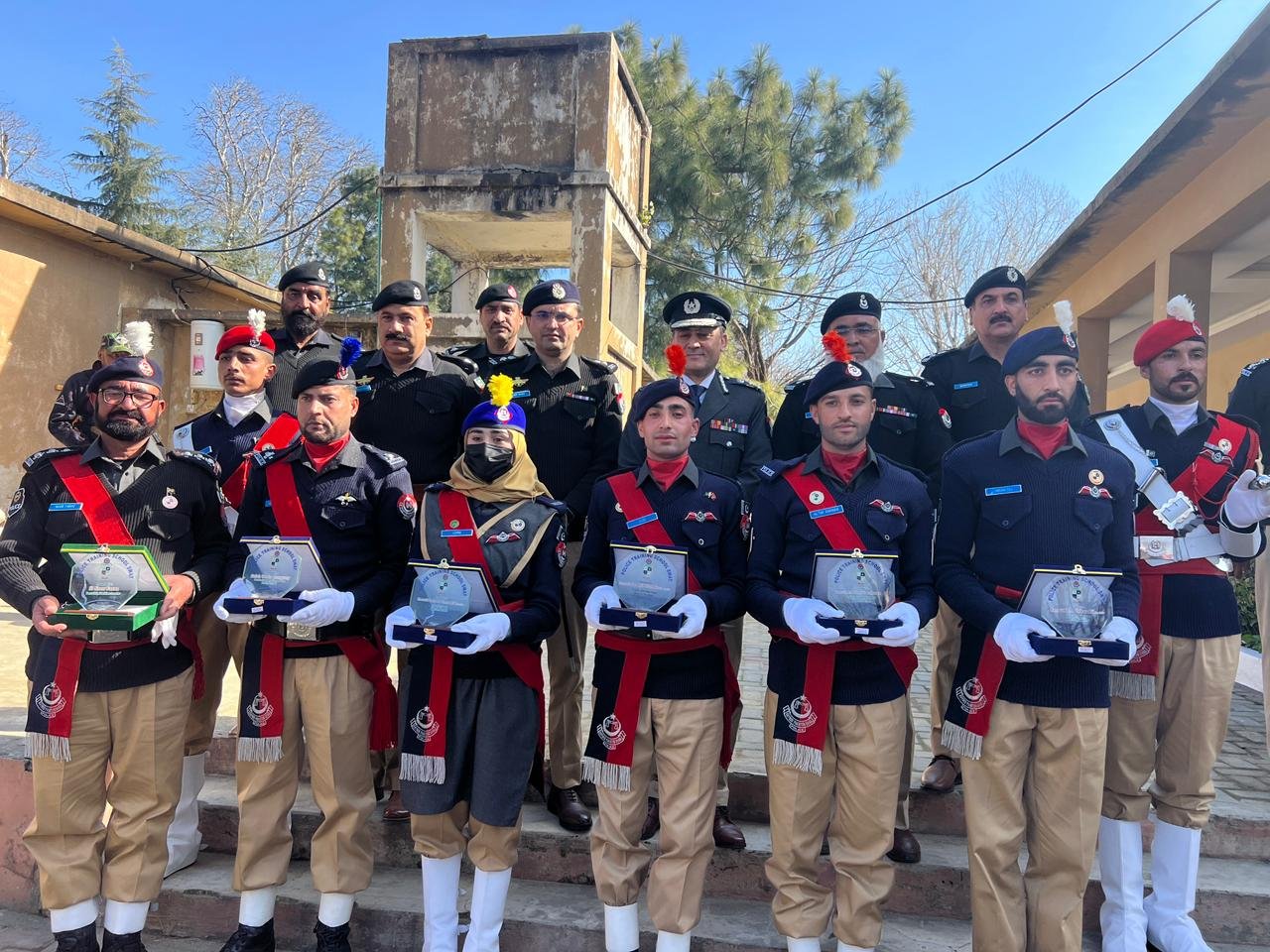
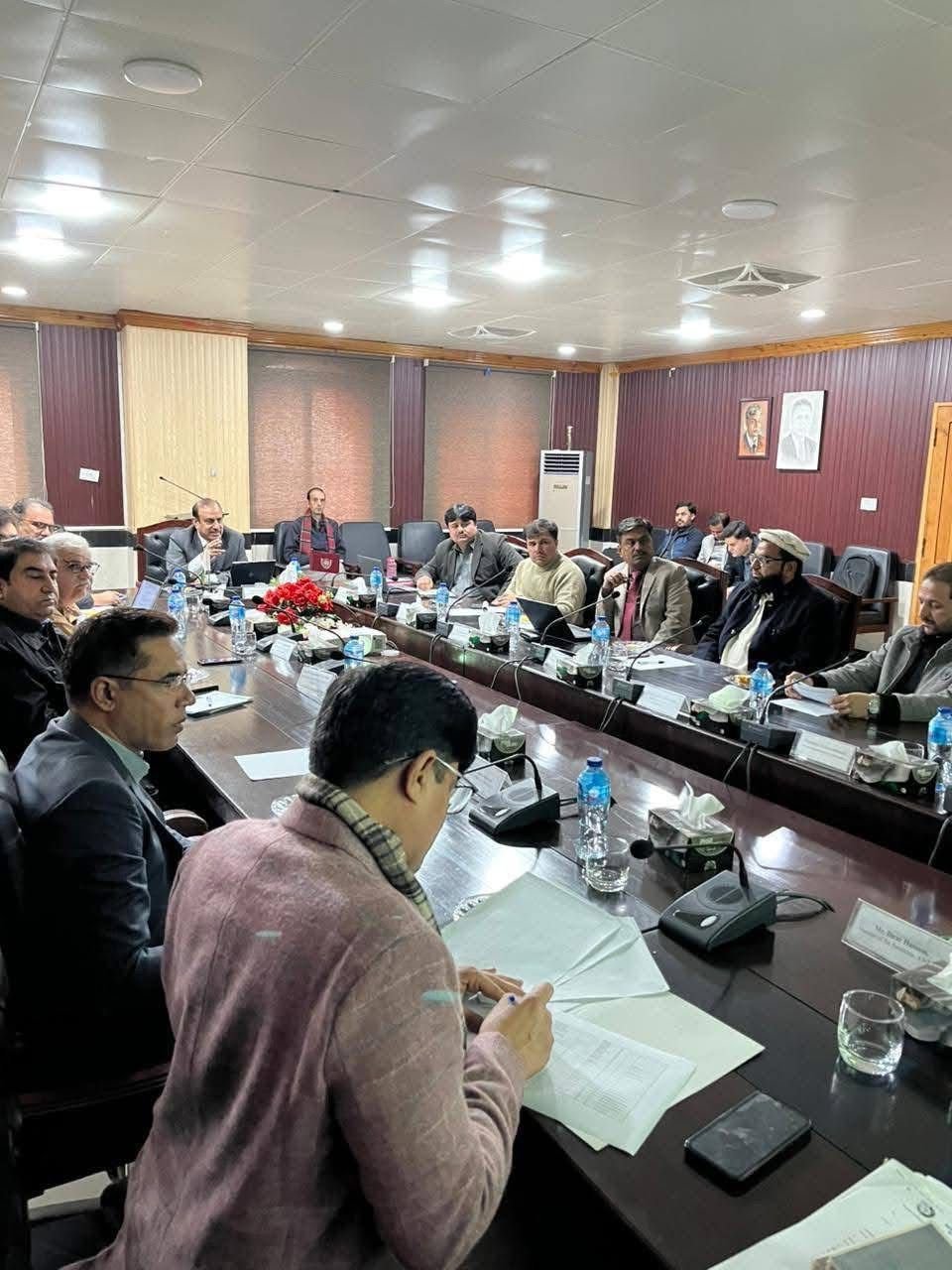
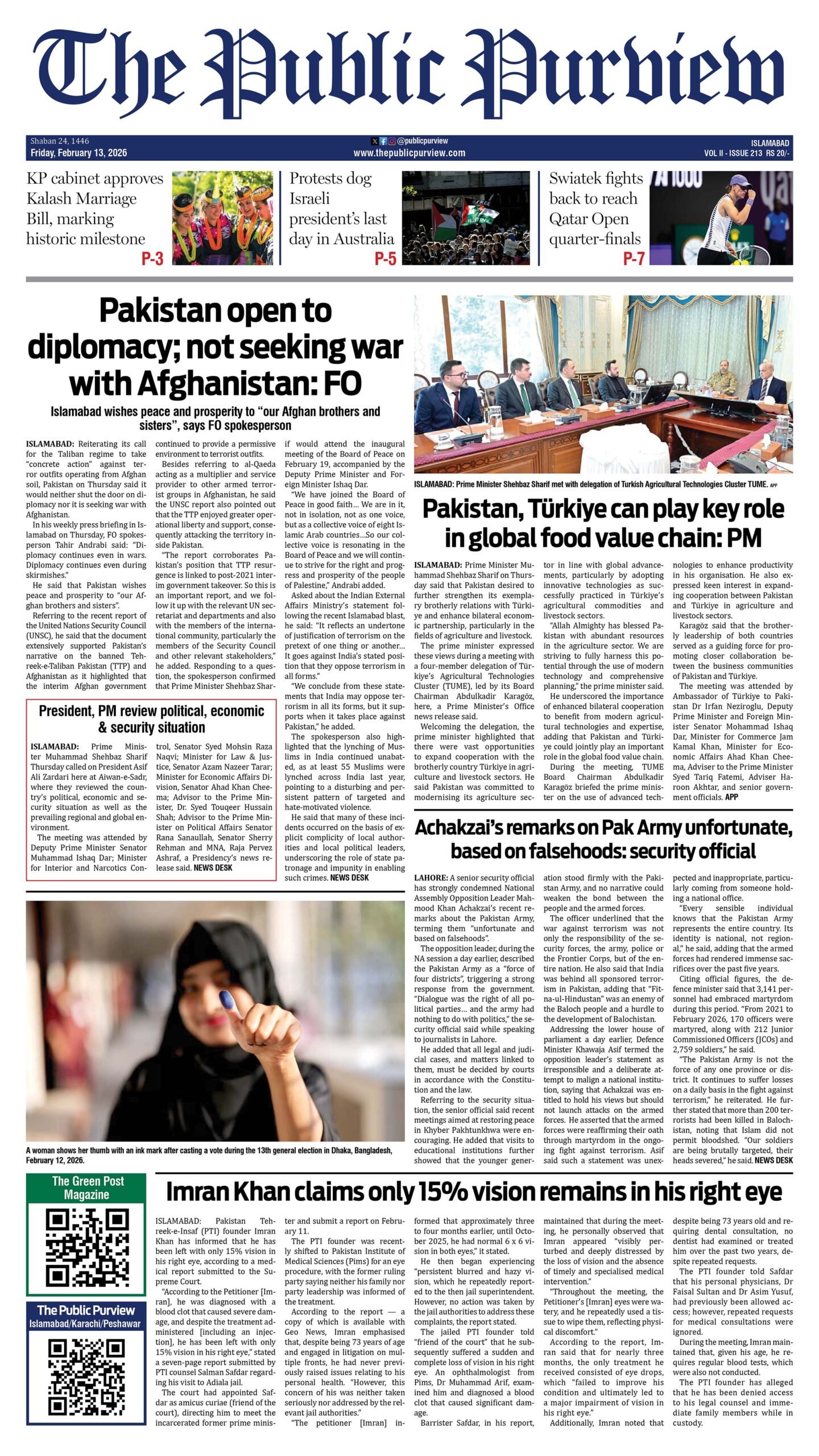 Today's E-Paper
Today's E-Paper